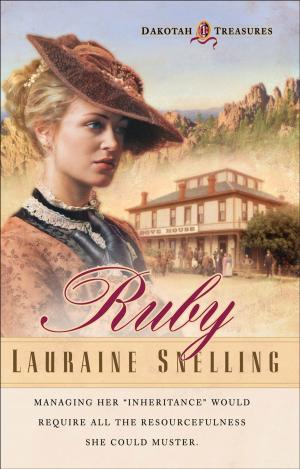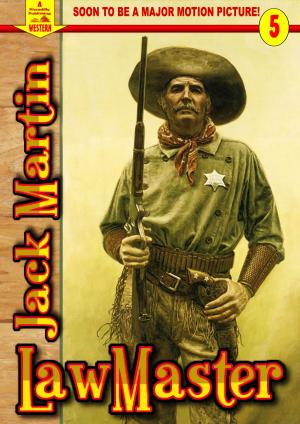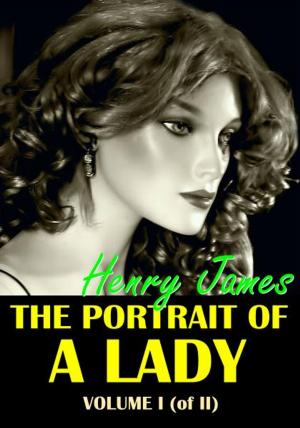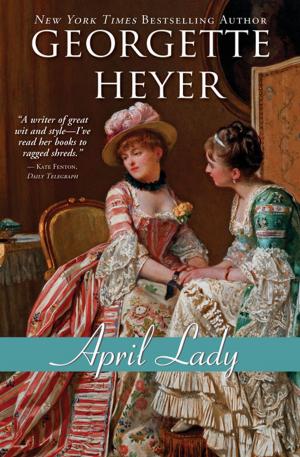| Author: | Harrison Neese | ISBN: | 9780986405006 |
| Publisher: | The HayeCountry Collection | Publication: | February 2, 2015 |
| Imprint: | The HayeCountry Collection | Language: | English |
| Author: | Harrison Neese |
| ISBN: | 9780986405006 |
| Publisher: | The HayeCountry Collection |
| Publication: | February 2, 2015 |
| Imprint: | The HayeCountry Collection |
| Language: | English |
It was their darkest hour . . . when the British captured Charleston, South Carolina and with it, the entire southern American Army. Patriots everywhere gave up, ready to accept defeat, and the cold winds of tyranny blew hard against the flickering flame of Liberty, Yet, there remained small bands of patriots-men and women-who would not quit. Without orders and without hope of reward, men like John Hamilton led eager volunteers throughout South Carolina bedeviling the enemy relentlessly to keep alive the patriot cause. Their wives, sisters, and daughters were left alone to carry on the home duties. Exposed to risks that women living alone have always faced, these Patriot women endured much suffering, and more than a few didn't live to see the victory they so longed for. Rachel Hamilton, John's wife, opens our story at a moment in time when the outcome of our revolution was most in doubt. In 1780, the worst American defeat of the Revolutionary War occurred when the British captured Charles Town (Charleston), South Carolina and with it, the entire southern American Army. Patriot morale from New Hampshire to Georgia fell to its lowest ebb, and the flame of liberty bent and flickered against the relentless winds of tyranny. Patriots everywhere gave up, ready to accept defeat. After five years of struggle, they just went home to pick up the broken pieces of their lives. Yet, there remained a remnant of people scattered throughout the colony-states who, like their noted hero, Navy Captain John Paul Jones, felt they had not yet begun to fight. Herein lies my story of the fictional family of John and Rachel Hamilton of South Carolina, the colony where more battles were fought than any other of the original thirteen colonies. When the men left their homes to engage the enemy, their wives, sisters, and daughters were left alone to carry on the home duties of their men. Here these unsung heroes were exposed to risks that women liv-ing alone have always faced. Patriot women, indeed, endured much suffering during the years of the conflict between Great Britain and her colonies, and more than a few didn't live to see the victory they so longed for. The patriotic efforts of the women in this story were drawn from real events in the lives of women of that period as found in historical records. Even before the colonies declared their independence from Great Britain, patriot women were boycotting British goods, spying on the British, and delivering secret messages. With their men gone, women took their place on the farms and plantations to feed and clothe the militias and their own families. Calling themselves "Daughters of Liberty," these women supported their men by working farms, managing the Indians, the redcoats, and the frontier environment, as well as caring for the sick so their families could stay together while their husbands were fighting, creating, or rallying the nation. Many times women uprooted families to follow their husbands or left their children behind to be raised by friends and family, enduring the unwritten history of living life, the day in and day out hardships of survival. Only a few generations have passed since that time when battles were fought on the front lawns of homes, on farms, and in the streets of nearly every village, town, and city in America. The patriot blood of those who came before us flows through our veins, and that should give us pause to wonder: If we had lived alongside them, would we have done as well for freedom's sake?
It was their darkest hour . . . when the British captured Charleston, South Carolina and with it, the entire southern American Army. Patriots everywhere gave up, ready to accept defeat, and the cold winds of tyranny blew hard against the flickering flame of Liberty, Yet, there remained small bands of patriots-men and women-who would not quit. Without orders and without hope of reward, men like John Hamilton led eager volunteers throughout South Carolina bedeviling the enemy relentlessly to keep alive the patriot cause. Their wives, sisters, and daughters were left alone to carry on the home duties. Exposed to risks that women living alone have always faced, these Patriot women endured much suffering, and more than a few didn't live to see the victory they so longed for. Rachel Hamilton, John's wife, opens our story at a moment in time when the outcome of our revolution was most in doubt. In 1780, the worst American defeat of the Revolutionary War occurred when the British captured Charles Town (Charleston), South Carolina and with it, the entire southern American Army. Patriot morale from New Hampshire to Georgia fell to its lowest ebb, and the flame of liberty bent and flickered against the relentless winds of tyranny. Patriots everywhere gave up, ready to accept defeat. After five years of struggle, they just went home to pick up the broken pieces of their lives. Yet, there remained a remnant of people scattered throughout the colony-states who, like their noted hero, Navy Captain John Paul Jones, felt they had not yet begun to fight. Herein lies my story of the fictional family of John and Rachel Hamilton of South Carolina, the colony where more battles were fought than any other of the original thirteen colonies. When the men left their homes to engage the enemy, their wives, sisters, and daughters were left alone to carry on the home duties of their men. Here these unsung heroes were exposed to risks that women liv-ing alone have always faced. Patriot women, indeed, endured much suffering during the years of the conflict between Great Britain and her colonies, and more than a few didn't live to see the victory they so longed for. The patriotic efforts of the women in this story were drawn from real events in the lives of women of that period as found in historical records. Even before the colonies declared their independence from Great Britain, patriot women were boycotting British goods, spying on the British, and delivering secret messages. With their men gone, women took their place on the farms and plantations to feed and clothe the militias and their own families. Calling themselves "Daughters of Liberty," these women supported their men by working farms, managing the Indians, the redcoats, and the frontier environment, as well as caring for the sick so their families could stay together while their husbands were fighting, creating, or rallying the nation. Many times women uprooted families to follow their husbands or left their children behind to be raised by friends and family, enduring the unwritten history of living life, the day in and day out hardships of survival. Only a few generations have passed since that time when battles were fought on the front lawns of homes, on farms, and in the streets of nearly every village, town, and city in America. The patriot blood of those who came before us flows through our veins, and that should give us pause to wonder: If we had lived alongside them, would we have done as well for freedom's sake?















